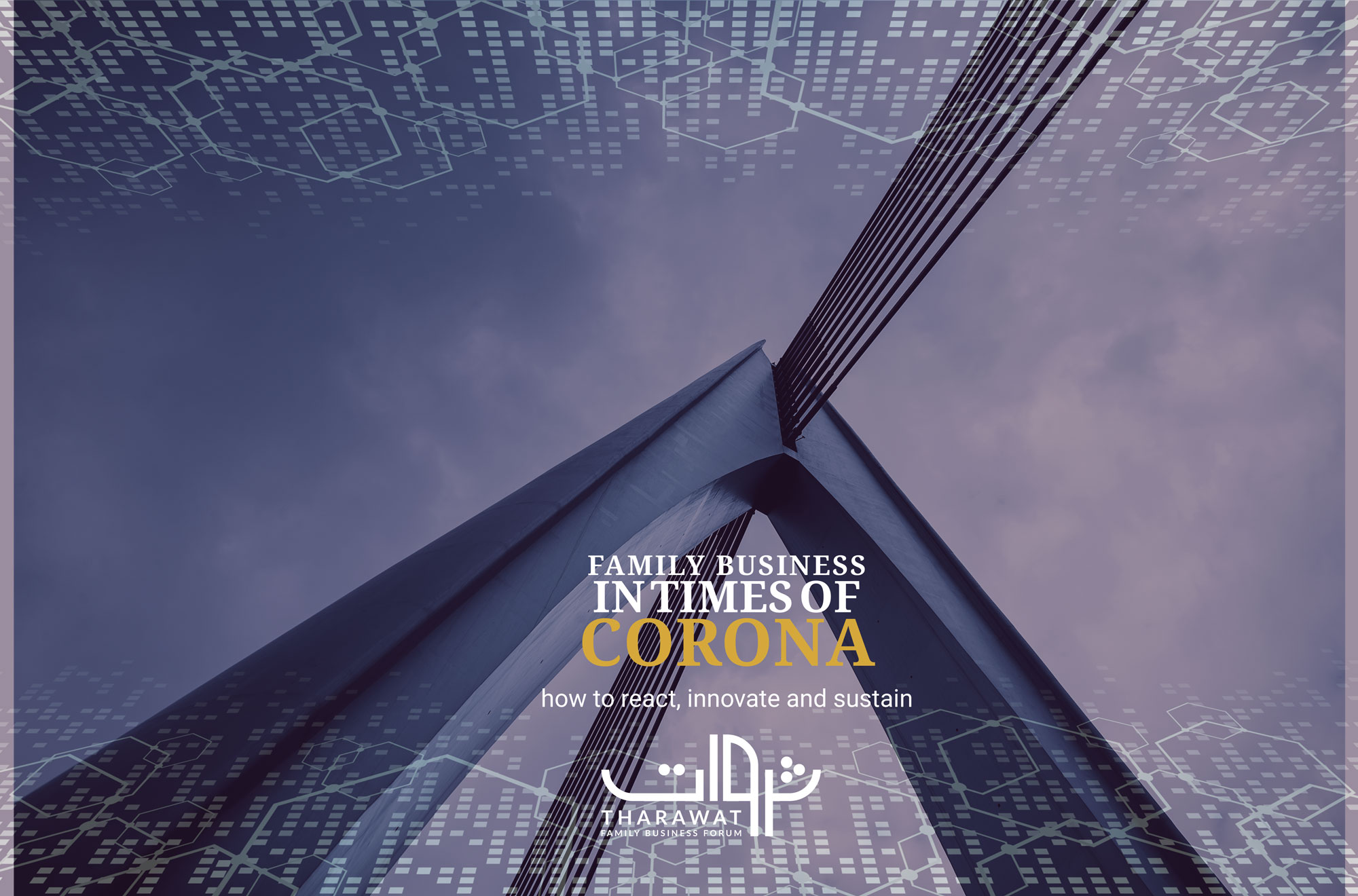
Agility and Strength in the Family Business
Interview with Riad Bsaibes, Amana Investments
According to Riad Bsaibes, President and CEO of Amana Investments, family businesses in the MENA face an added layer of complexity in light of the COVID-19 crisis because of our economies’ dependency on oil. Despite the heightened adversity, however, Bsaibes also believes that family businesses in the Middle East are better able to respond to the current crisis than many of their peers around the world.
We spoke with Riad Bsaibes to learn more.
Q: Is COVID-19 affecting family businesses in the MENA differently than in other regions?
Yes and no – the uncertainty of the pandemic with its lingering questions of duration and resources is universally pertinent, but with regional prosperity here so closely tied to the price of crude, projections become even more erratic. Issues related to credit and government budgets impacted by oil proceeds will compound. Regional governments, for example, require the crude prices to be in the range of $55 – $95 to breakeven with their fiscal budgets. This price range is far from today’s price point for Brent (around $25 per barrel).
That said, the regional volatility that has existed for the past several years has equipped family businesses in the MENA with the tools and operational flexibility they’ll need to react decisively and respond positively to this crisis.
In particular, family businesses benefit from an alignment of shareholders, enabling quick decisions that make their firms more nimble than publicly held companies. Family business owners often double as managers and have close working relationships with their teams as a result; such alliances allow them to react swiftly and effectively in a crisis. These operational mechanisms grant them an extra layer of flexibility and resilience, making them more likely to survive.
Q: How can family firms supplement these operational advantages to help them weather the uncertainty?
Guarantee cash flow.
In an emergency, family firms must ensure their continuing access to cash and credit. The duration of this disruption is unknown; its effects could last a month, a year or even much longer. Moreover, there could be additional waves of the virus that perpetuate the uncertainty even as recovery takes hold.
Liquidity is a company’s lifeline in an economic storm; family firms can secure their future by ensuring they have ready access to funds.
Develop and enact strategy.
All organisations should have short-, mid- and long-term plans, but this crisis affords business owners a unique opportunity for reassessment – a momentary pause to look into the future. COVID-19 has dealt a blow to all businesses, and owners should pay attention to the shifts taking place as a result. They must figure out how to fully utilise the efficiencies they have so they can heighten their competitive advantage for 2021.
Leverage agility.
Not only can family firms pivot more quickly than non-family businesses, but they can also gain a considerable edge by embracing the changes of a post-pandemic world. Working from home or a distance offers flexibility and a forward-looking operating model. Organisations should endeavour to perfect their new workflows now so that they can reap the benefits going forward.
Modernising through technology is something most businesses were planning on anyways; this crisis is an opportunity to initiate those plans and make them foolproof.
Q: In terms of positive takeaways, what can family business leaders look to after these first few months of the crisis?
I think that many family businesses have been surprised by their ability to learn and adapt rapidly. Under immense pressure, family businesses around the world have transformed, almost overnight, to remote workflows and online models. Before the crisis, many would have thought these changes were impossible, or only possible with years of development and planning.
This newfound agility might make all the difference going forward.
No family business can be fully prepared for the uncertainty of the future, just as no organisation was fully prepared for the threat of COVID-19. Some, however, those that were accustomed to change – used to improvising even – were more ready than others, and their readiness gave them a head start. For family businesses in the MENA, COVID-19 presents an opportunity to practice this agility and safeguard against a downturn, in whatever form it takes in the future.
